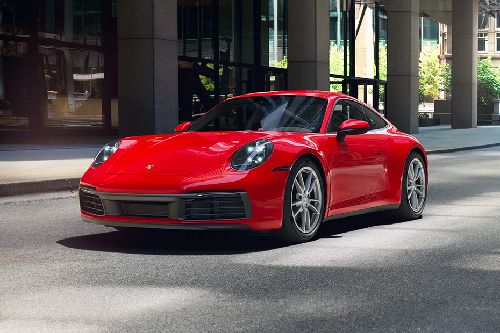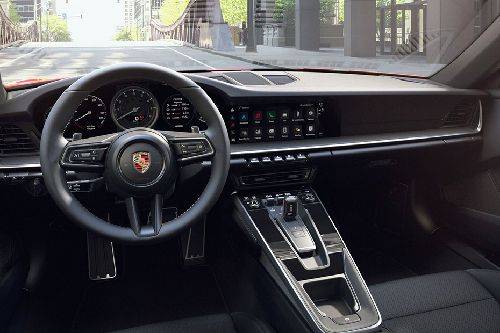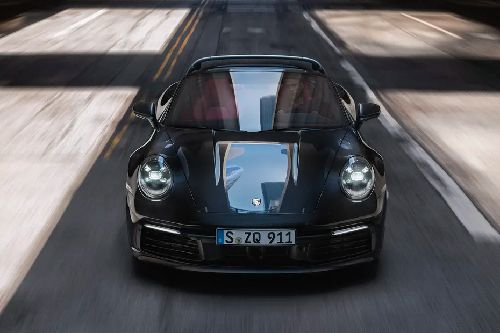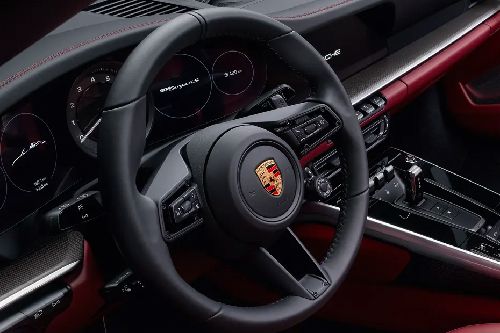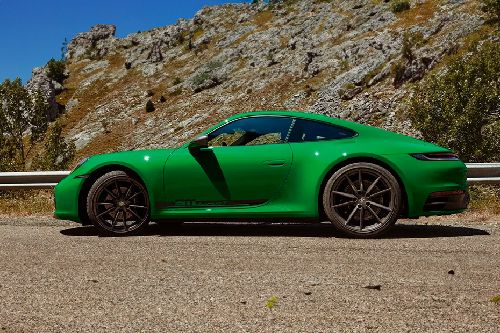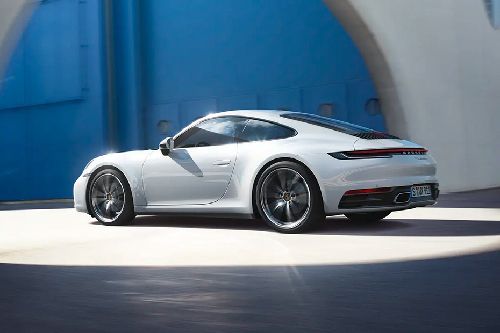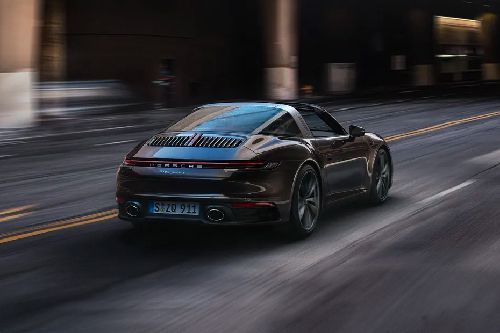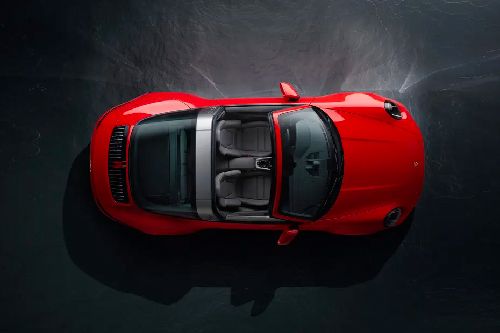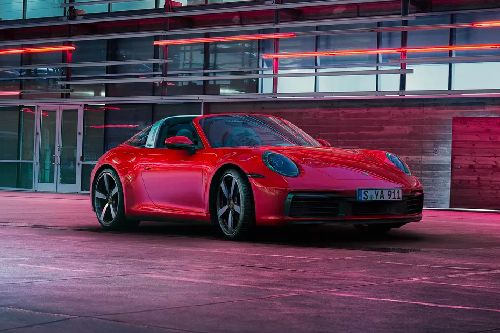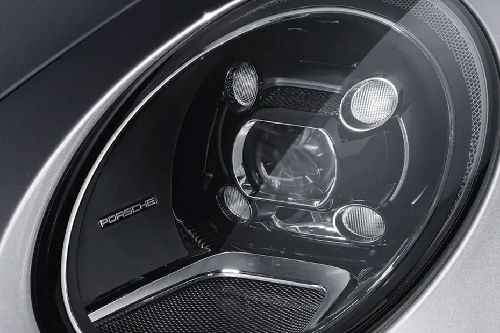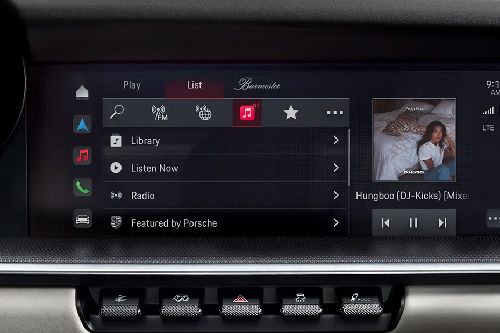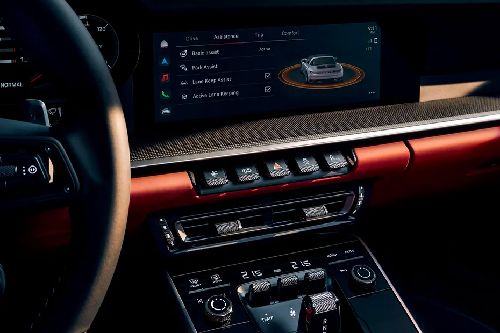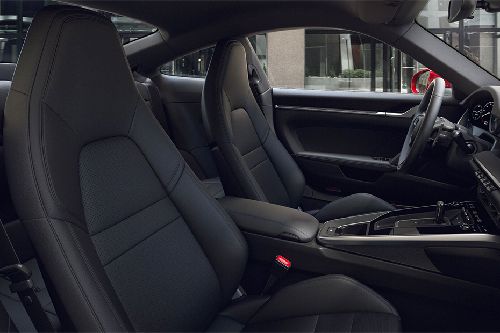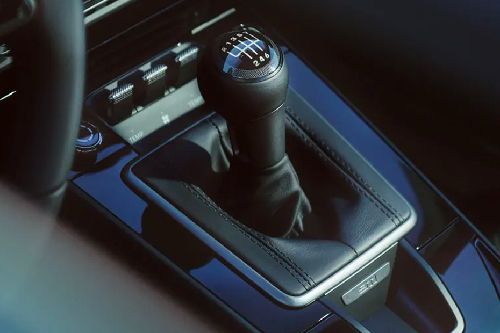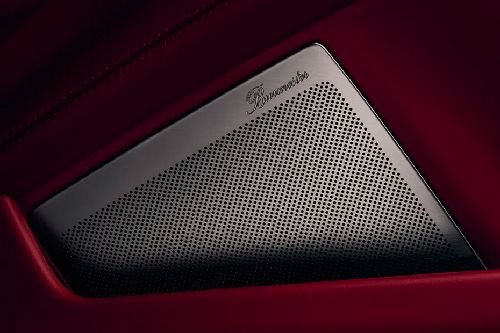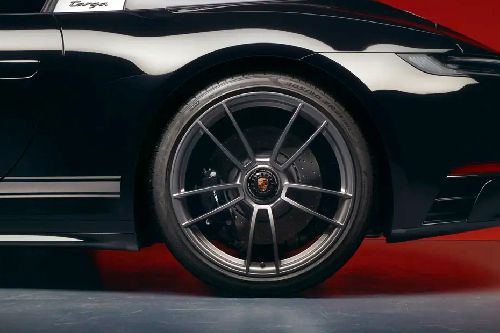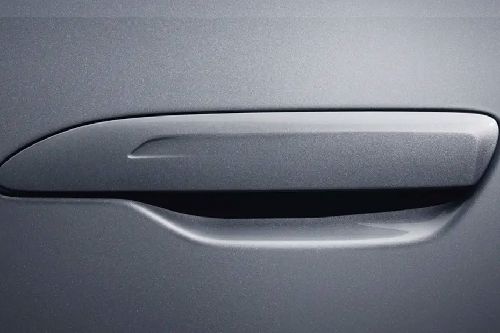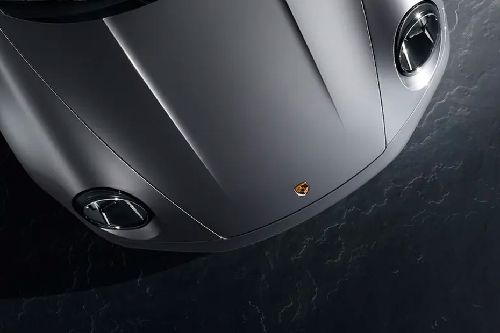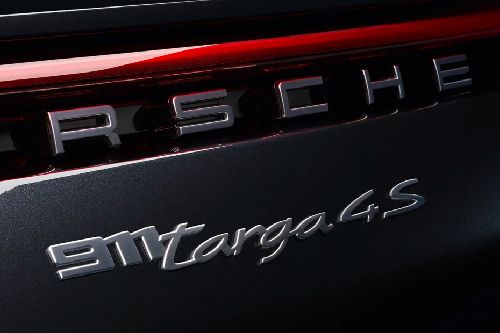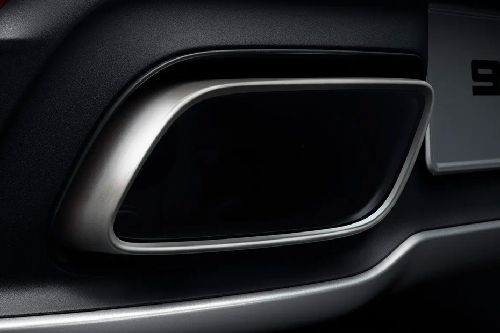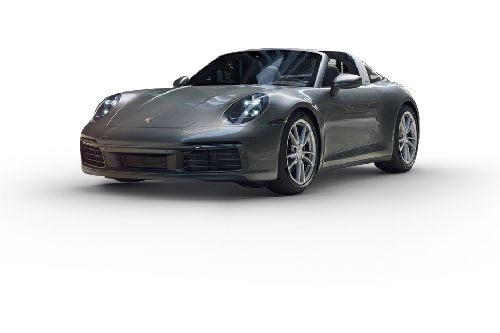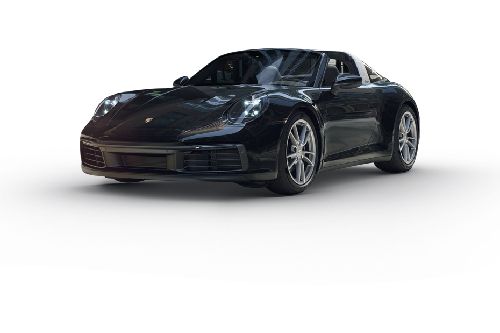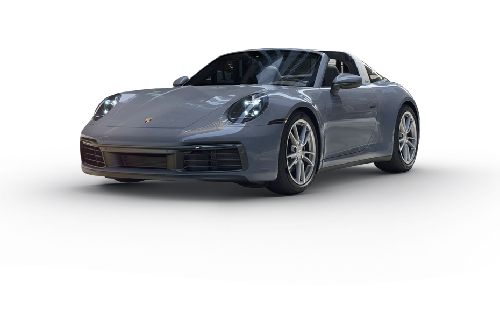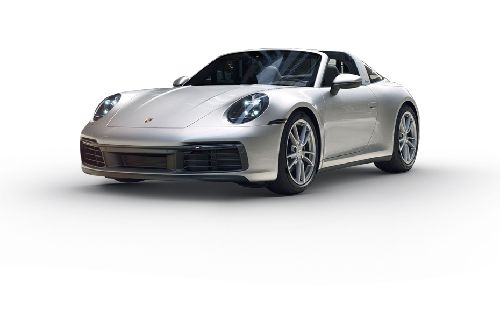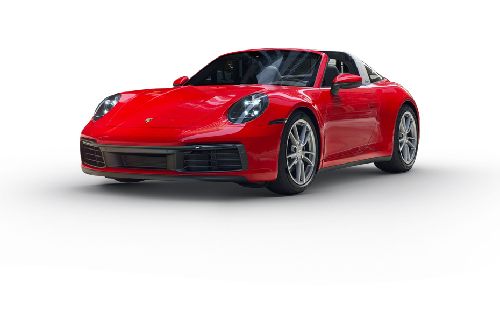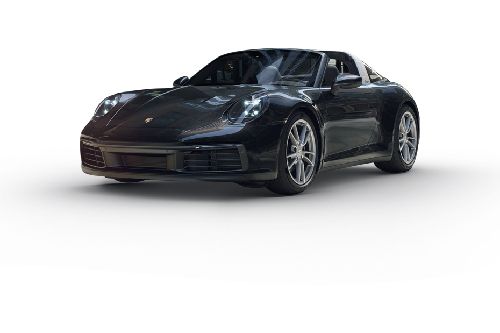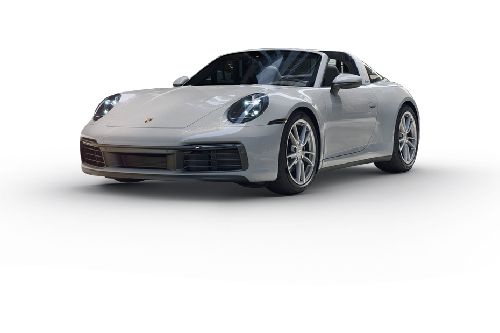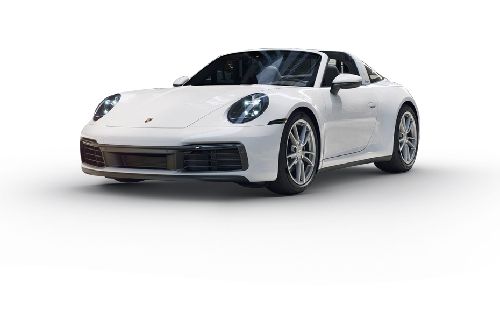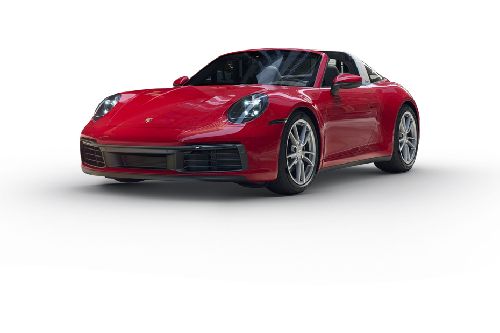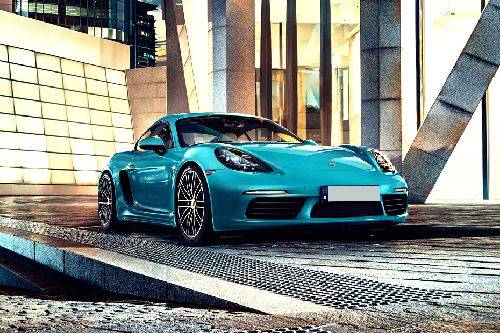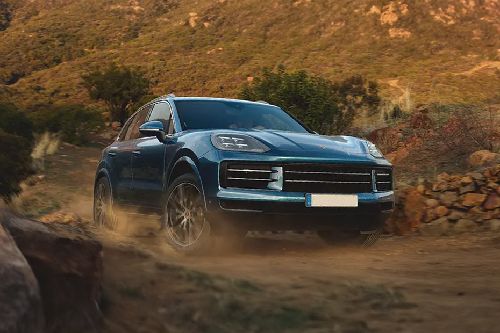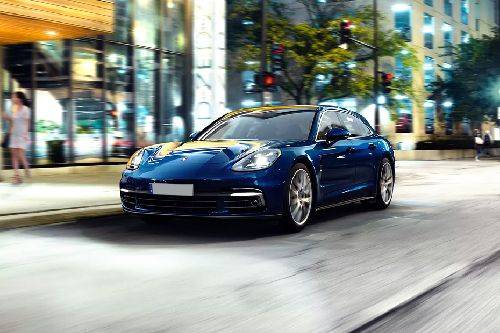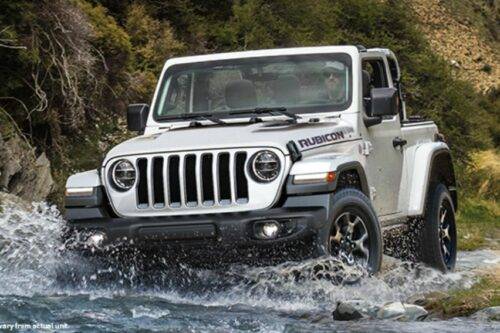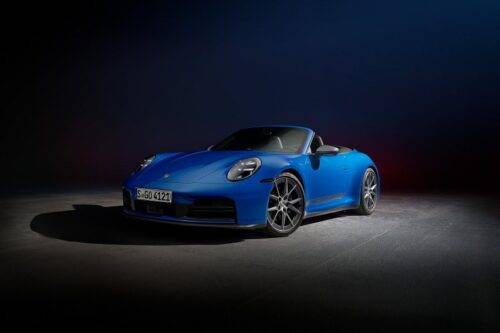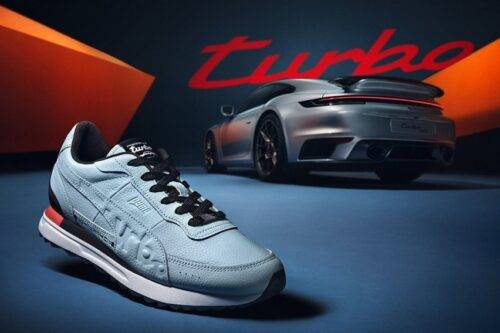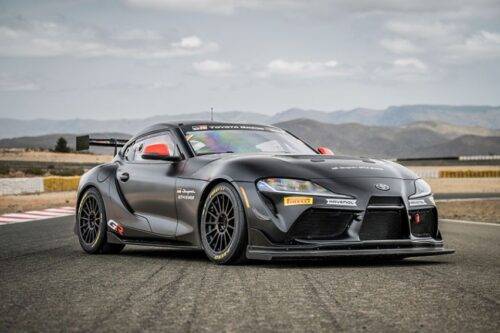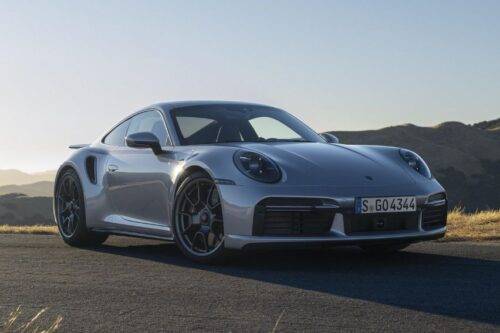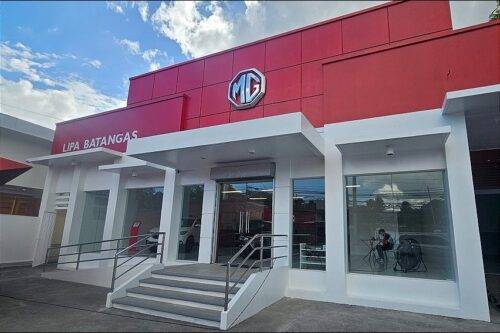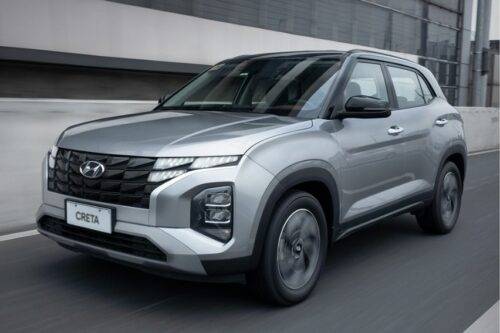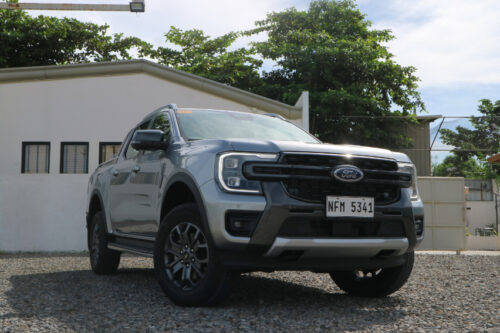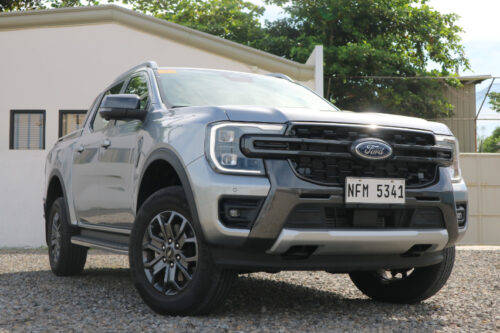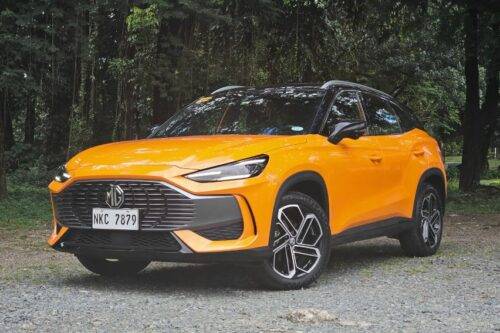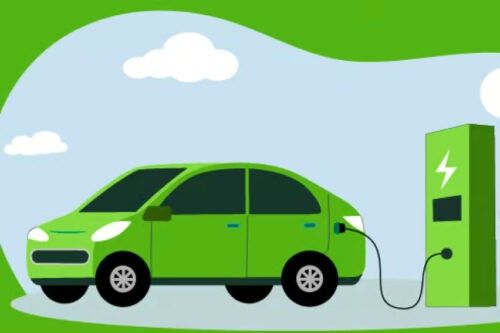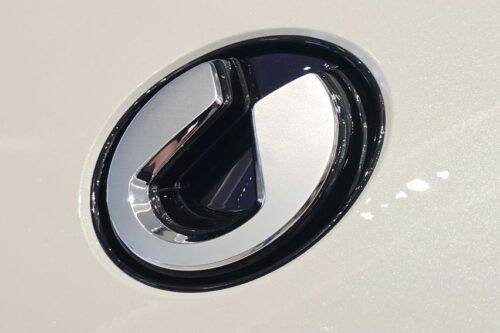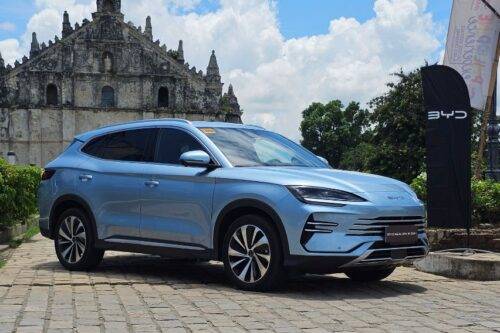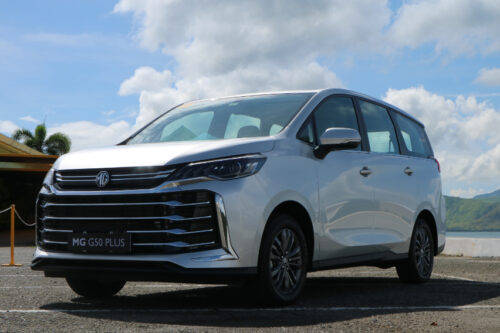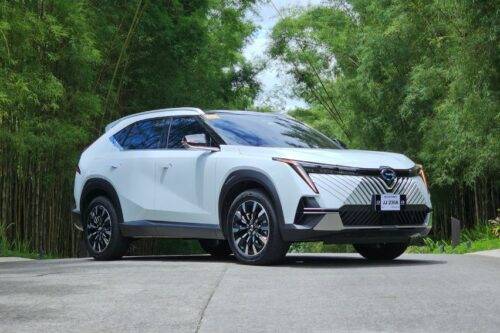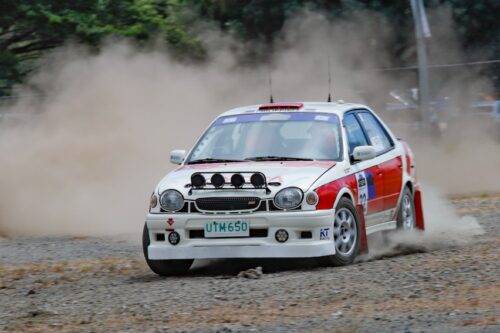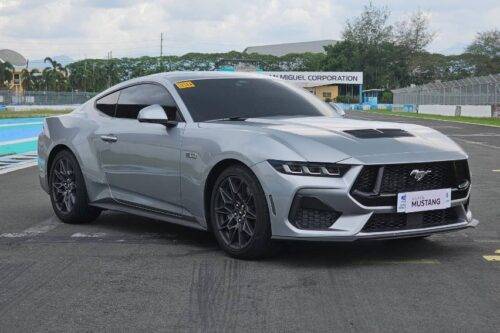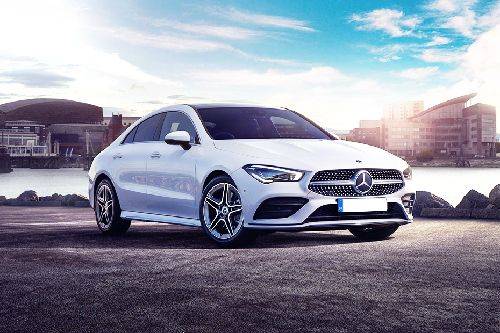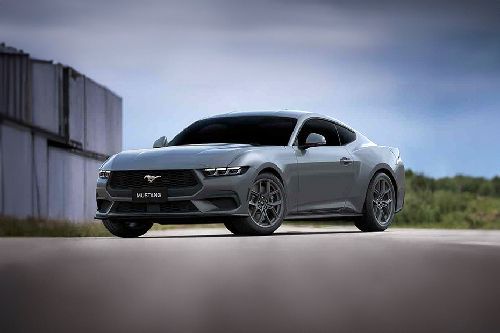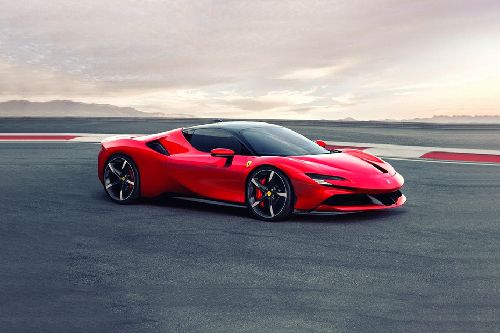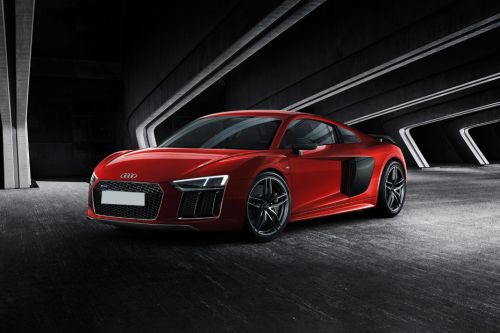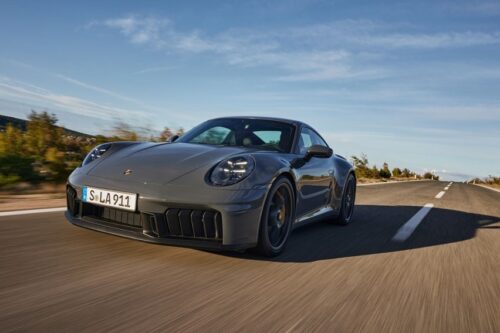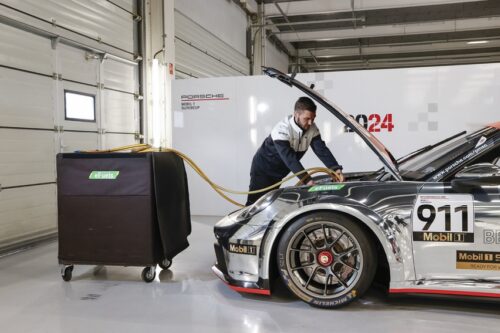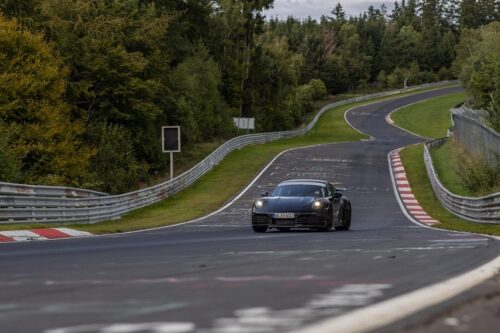New Porsche 911 GT3 RS delivers maximum performance, intelligent aerodynamics
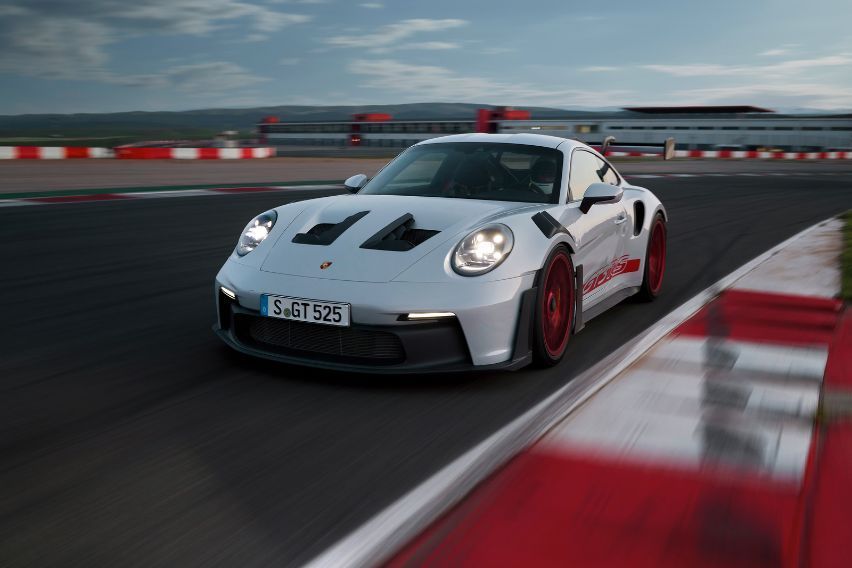
MANILA: The new Porsche 911 GT3 RS fully utilizes motorsport-related technologies and concepts. The 525-ps road-legal, high-performance sports car shares the most similarities with its motorsport sibling, the 911 GT3 R, in terms of cooling and aerodynamics system.
KEY TAKEAWAYS
What powers the Porsche 911 GT3 RS?
The Porsche 911 GT3 RS is powered by a 4.0-liter naturally aspirated engine with new camshafts, modified cam profiles, and motorsport-derived single-throttle intake system and rigid valve drive.What is the foundation for the significant performance boost on the Porsche 911 GT3 RS?
The central radiator concept is the foundation for a significant performance boost on the Porsche 911 GT3 RS.The new 911 GT3 RS uses a large, angled center radiator in the car’s nose. The central radiator concept is the foundation for a major performance boost, an idea that was first applied in the 911 RSR and 911 GT3 R. As a result, it was able to include active aerodynamic elements into the space created on the sides. Using continuously adjustable wing elements on the front and two-part rear wings, together with additional aerodynamic measures, a total of 409 kg of downforce is produced at 200 kph. This indicates that the new 911 GT3 RS produces twice as much downforce as its 991.2-generation predecessor and thrice as much as the current 911 GT3. The total downforce at 285 kph is 860 kg.
For the first time, a production Porsche gets a drag reduction system (DRS), which enables the wings to be flattened down at a press of a button, within a particular operating range, to achieve reduced drag and higher speeds on straight segments of the track. The front and rear wing elements are tuned to the maximum during emergency braking at high speeds, producing an aerodynamic deceleration effect that greatly supports the wheel brakes.
The Porsche 911 GT3 RS's design is distinguished by various aerodynamic elements. The rear wing, which is supported by a swan neck and is much larger in all dimensions, is the most prominent feature. A fixed main wing and an upper, hydraulically adjustable wing element make up the rear wing. The upper edge of the rear wing is higher than the roof. Additionally, the 911 GT3 RS's front end now includes a front splitter that separates the air flowing above and underneath, replacing the front spoiler. Air is precisely directed outward by side blades. Louvered apertures in the front wings allow ventilation for the front wheel arch.
Inlets behind the front wheels lower the dynamic pressure in the wheel arches. The air is directed to the side of the vehicle via side blades behind the intake. Large nostrils on the front lid allow air from the central radiator to exit. The air is directed outward by roof fins, resulting in cooler intake temperatures toward the rear. The openings in the rear side panel of the 911 GT3 RS are only meant to improve aerodynamics, not to suck in processed air. For improved airflow, the rear wheel arch also has an inlet and a side blade. The 911 GT3's rear diffuser was borrowed and slightly modified.
The suspension is given aerodynamic attention as well. The components of the double-wishbone front axle are made with teardrop shapes since the new 911 GT3 RS's wheel arches are subject to strong airflows. These aerodynamically effective components increase downforce on the front axle by about 40 kg at top speed. The wider track has also resulted in longer double-wishbone front axle links.
The suspension engineers have greatly reduced pitching under braking to assure that the downforce balance between the front and rear axles is sustained even when braking from high speeds. The front ball joint of the lower trailing arm has been lowered on the front axle. With modified spring rates, the multi-link rear axle has also been tweaked. This configuration is even more dynamic in terms of the rear-axle steering and driver assistance systems.
Three driving modes are available: Normal, Sport, and Track. In Track mode, the default settings can be individually adjusted. The steering wheel's rotary controls can be used to adjust the rear differential. This is performed quickly and easily using a motorsport-inspired operating and display concept — the steering wheel houses four individual rotary controls and a button for the DRS. During the adjustment process, these rotary controls are visibly displayed by graphics in the instrument cluster. The track screen from the 911 GT3 is also present in the 911 GT3 RS. The driver can filter the digital information on the two seven-inch side displays to just the most important information with just a press of a button. The gear shift indicators to the left and right of the analog tachometer were also borrowed from the GT3.
The Porsche 911 GT3 RS is powered by a 4.0-liter naturally aspirated engine with new camshafts, modified cam profiles, motorsport-derived single-throttle intake system, and rigid valve drive. The engine is mated to a seven-speed Porsche Doppelkupplung (PDK) transmission with a shorter overall gear ratio compared to the 911 GT3. The new 911 GT3 RS can sprint from a standstill to 100 kph in just 3.2 seconds and reach a top speed of 296 kph.
The front axle is equipped with 408-mm brake discs and aluminum monobloc fixed calipers with six pistons each. The piston diameters have increased from 30 to 32 mm in comparison to the 911 GT3. The discs' thickness has also been increased from 34 to 36 mm. Meanwhile, the 380-mm brake discs and four-piston fixed-caliper brakes on the rear axle were kept. The optional Porsche Ceramic Composite Brake (PCCB) has 410-mm discs on the front axle and 390-mm discs on the rear axle. The Porsche 911 GT3 RS comes standard with forged light-alloy center-lock wheels. High mechanical grip is guaranteed by road-legal sports tires measuring 275/35 R20 up front and 335/30 R21 at the rear.
Since the renowned 911 Carrera RS 2.7, intelligent lightweight construction has been a key principle for all RS models. The 911 GT3 RS weighs only 1,450 kg despite having many larger components, thanks to various lightweight construction techniques like the extensive use of CFRP. For instance, CFRP is used to build the doors, front wings, roof, and front lid. CFRP is also applied in the interior of the standard full bucket seats.
The new 911 GT3 RS's interior comes standard with black leather, Racetex, and a carbon-weave finish.
There is also a Clubsport package available for the 911 GT3 RS at no extra cost. This package comes with a hand-held fire extinguisher, a steel rollover bar, and six-point seat belts for the driver.
The Weissach package is also available at no extra cost. With this package, the front lid, roof, parts of the rear wing, and the upper shell of the exterior mirrors feature a carbon-weave finish. To further improve driving dynamics, CFRP is applied to the front and rear anti-roll bars, the rear coupling rods, and the shear panel on the rear axle. Another notable feature included in the Weissach package is the PDK shift paddles with motorsport-derived magnet technology. This enables a more precise pressure point and a more perceptible click, making gear shifts even more dynamic. Magnesium forged wheels, an optional addition to the Weissach package, reduce weight by another 8 kg.
Pre-orders for the new Porsche 911 GT3 RS are now open in Europe.
Porsche has also developed a 911 GT3 RS chronograph, an exclusive timepiece for the owners of the new GT sports car. The chronograph is based on a glass-bead blasted case made of either natural or black titanium. Its foundation is a glass-bead blasted case with a screw-down crown made of either natural or black titanium. The mechanical Porsche Design chronograph caliber WERK 01.200, which has received COSC certification for its superior accuracy, is housed inside the watch. The second hand can be started, stopped, and reset all at once, thanks to the flyback function of the watch. This chronograph is more than simply a timepiece, as evidenced by the pushers, which have laser-engraved "Start/Stop" and "Next Lap" inscriptions. It also comes with a pulsometer scale on the bezel.
Photos from Porsche
Also read: Porsche 99X Electric features new exclusive livery at Seoul E-Prix
Sell your car at the best price
 Verified and genuine buyers
Verified and genuine buyers
-
Explore Porsche 911
Porsche Car Models
Don't Miss
Porsche 911 Promos, DP & Monthly Installment
PIMS 2024
- Latest
- Popular
You might also be interested in
- News
- Featured Stories
- Latest
- Popular
Latest Porsche 911 Car Videos on Zigwheels

Compare & Recommended
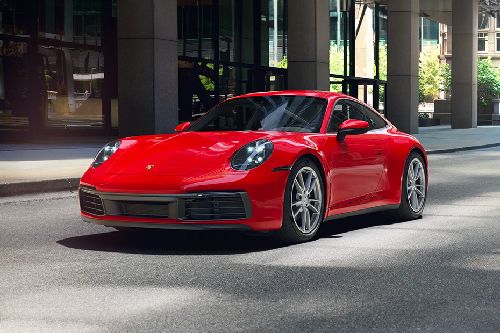
|
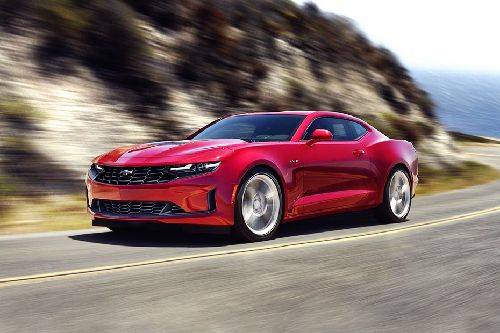
|
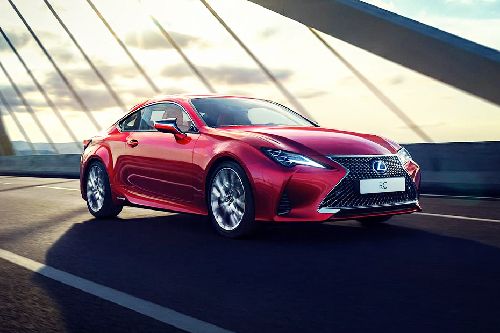
|

|
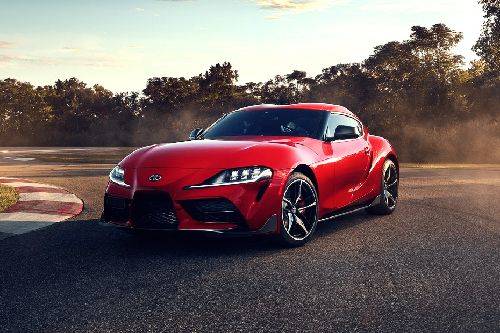
|
|
Engine
3.0L Gasoline Engine, 6 Cylinder 24 Valve
|
2.0L Gasoline Engine, In-Line 4 Cylinder 16 Valve DOHC
|
3.5L Gasoline Engine, 6 Cylinder 24 Valve
|
6.4L Gasoline Engine, 8 Cylinder 32 Valve
|
3.0L Gasoline Engine, In-Line 6 Cylinder 24 Valve
|
|
Alloy Wheels
Yes
|
Yes
|
Yes
|
Yes
|
Yes
|
|
Engine Start/Stop Button
Yes
|
Yes
|
Yes
|
Yes
|
Yes
|
|
Headlamp Type
LED
|
LED
|
LED
|
LED
|
LED
|
|
Brake Assist
Yes
|
Yes
|
Yes
|
Yes
|
Yes
|
|
Ebd
Yes
|
Yes
|
Yes
|
Yes
|
Yes
|
|
Side Airbag-Front
Yes
|
Yes
|
Yes
|
Yes
|
Yes
|
|
Rear Camera
Yes
|
Yes
|
Yes
|
Yes
|
Yes
|
|
Air Quality Control
-
|
-
|
Yes
|
-
|
-
|
|
Navigation System
-
|
-
|
Yes
|
Yes
|
Yes
|
|
|
Trending Coupe
- Latest
- Upcoming
- Popular
Porsche 911 Car Articles From Carmudi
- journal

